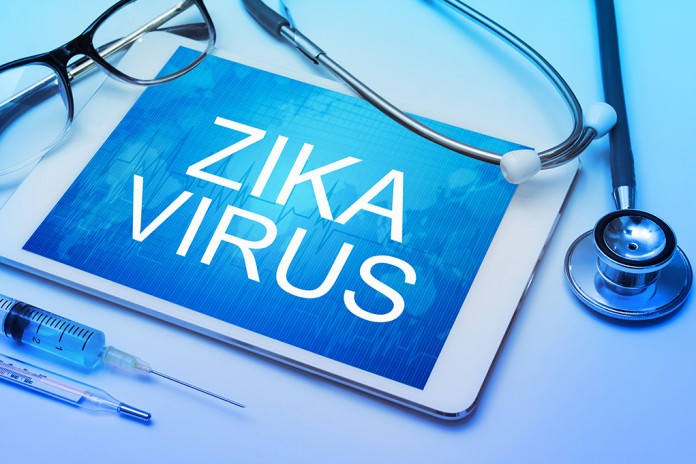Zika Case Count: As of September 28, there were more than 25,600 confirmed cases of Zika virus in U.S. States and Territories.
- 3,625 confirmed cases of Zika in U.S. States and District of Columbia.
- 22,069 confirmed cases of Zika in U.S. Territories.
Pregnant women with evidence of Zika virus: As of September 22, there were more than 2,220 pregnant women with evidence of Zika virus.
- 808 pregnant women in U.S. States and District of Columbia.
- 1,490 pregnant women in U.S. Territories.
For a state-by-state table of Zika cases in the U.S. visit: http://www.cdc.gov/zika/geo/united-states.html
Learn about Guillain-Barré Syndrome
- The Zika theme for the week of October 3 is Learn about Guillain-Barré Syndrome. Guillain-Barré syndrome, an uncommon illness of the nervous system, is strongly associated with Zika.
Notable Zika News:
- BARDA awards funding to speed development of Zika vaccine: On Monday, HHS’ Office of the Assistant Secretary for Preparedness and Response announced a contract to develop an inactivated vaccine candidate to prevent the Zika virus infection and thereby the associated devastating birth defects.
- CDC adds St. Kitts and Nevis to interim travel guidance related to Zika virus: Also on Monday, CDC posted a Zika virus travel notice for St. Kitts and Nevis. CDC has issued travel notices (level 2, “practice enhanced precautions”) for people traveling to destinations with Zika.
- CDC awards $13 million to establish the first Vector Control Unit in Puerto Rico: On Tuesday, CDC announced that it awarded $13 million to the Puerto Rico Science, Technology, and Research Trust (ST&R Trust) to establish the first Vector Control Unit (VCU) in Puerto Rico, which will oversee and implement comprehensive mosquito control activities to help prevent and manage diseases spread by mosquitoes.
- CDC issues Zika special travel considerations for 11 Southeast Asian countries: On Thursday, CDC posted Zika virus-related special travel considerations for 11 Southeastern Asian countries. CDC now recommends that pregnant women should consider postponing nonessential travel to these countries because of the uncertain risk of Zika virus infection
- Update: Interim Guidance for Preconception Counseling and Prevention of Sexual Transmission of Zika Virus for Persons with Possible Zika Virus Exposure—United States, September 2016: Today, CDC announced updates to its interim guidance for pre-pregnancy counseling and prevention of sexual transmission of Zika based on ongoing assessment of available data, primarily extending the timeframe for men with possible Zika exposure but no Zika symptoms to wait before attempting pregnancy with their partner and extending the time for use of condoms by these men to protect against sexual transmission of Zika virus infection.
- Demographics and Clinical Characteristics of Children Aged 0–17 Years with Zika Virus Disease Acquired Postnatally—U.S. States, January 2015–July 2016: Also today, CDC released a report describing postnatally acquired Zika virus disease among children. During January 2015–July 2016, a total of 158 cases of confirmed or probable postnatally acquired Zika virus disease among children aged <18 years were reported to CDC from U.S. states. The median age was 14 years and 56% were female. Two patients were hospitalized; none developed Guillain-Barré syndrome, and none died. All reported cases were travel-associated. Overall, 82% children had rash, 55% had fever, 29% had conjunctivitis, and 28% had arthralgia.
- Updated Zika CDC Interim Response Plan: Additionally today, CDC updated its interim response plan. Notable updates include: Revised guidance to ensure blood safety and availability; Revised guidance on the determination of geographic areas for interventions and issuance of travel guidance in the setting of local transmission; and updated status of pregnancy and birth defects objectives.





